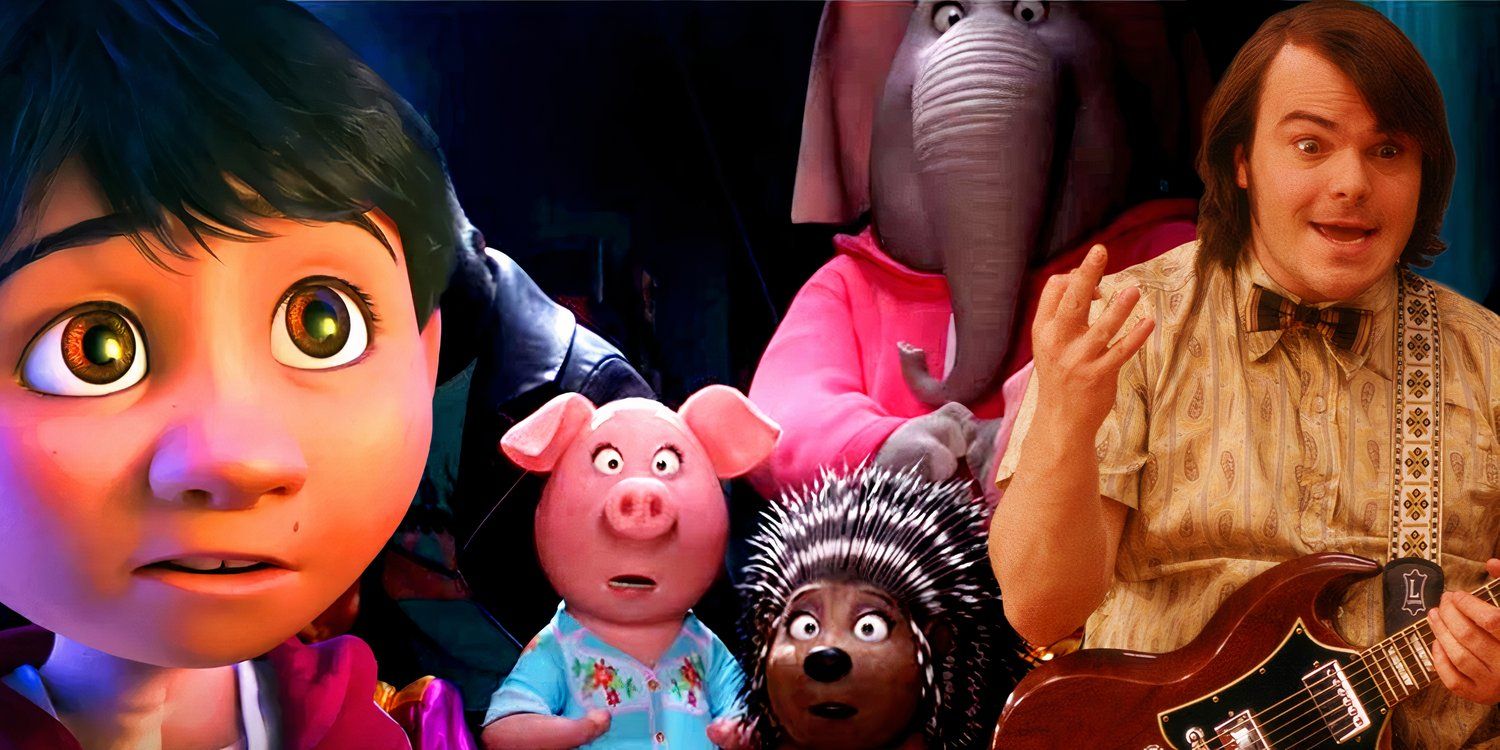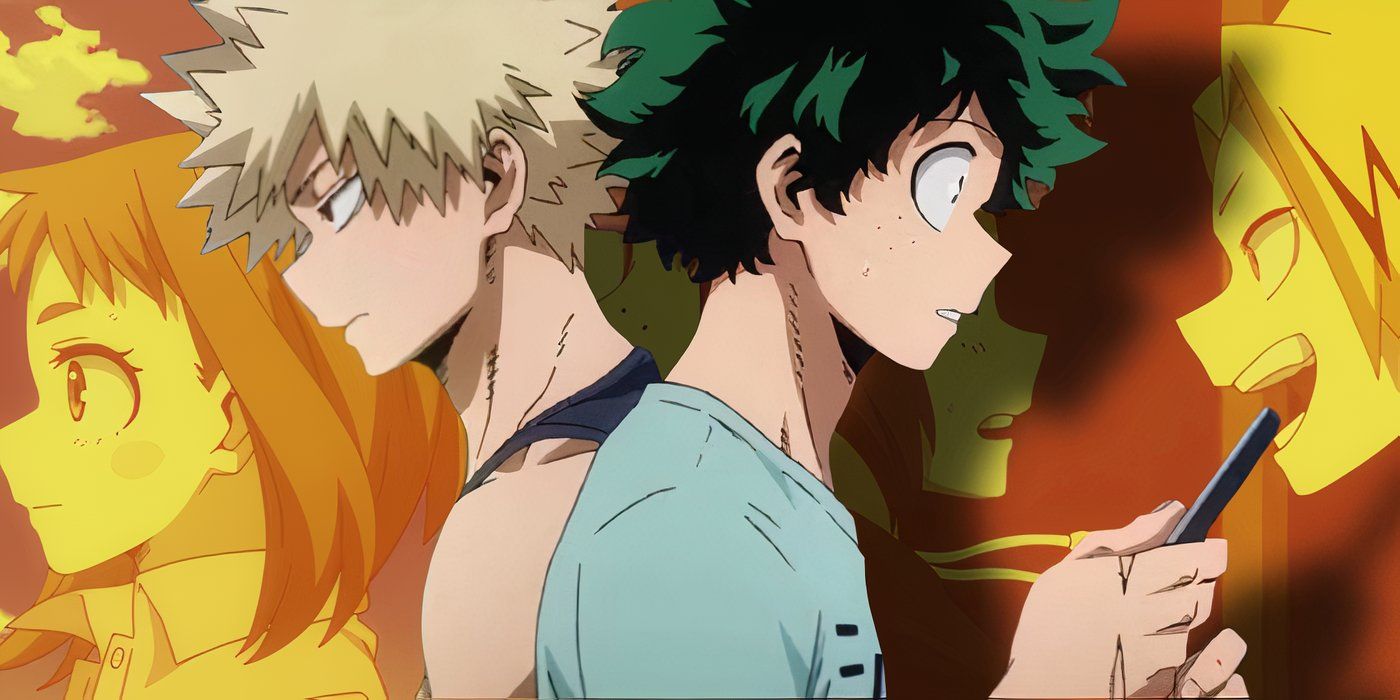[Editor’s Note: The following review contains spoilers for “Yellowstone” Season 5, Episode 14, “Life Is a Promise,” including the ending.]
Since “Yellowstone” Season 5 resumed with John Dutton’s death, Taylor Sheridan has been trying to convince audiences there’s a story left to tell. It has… not gone well. Turns out it’s hard to top a climax as fittingly poignant as the owner of the largest ranch in Montana dying when his ranch and family needed him most. Under threat from a real estate developer, a new pipeline, and even the neighboring national park, the Yellowstone was in trouble, and its staunchest guardian left no plan that could fix what was breaking, no simple escape for those left behind. In “Yellowstone,” John’s passing was a tragedy of apt size and scope — a loss of such magnitude, its gravitational pull made everyone else’s stories feel trivial. John is dead. The ranch is lost. What more is there to say, beyond the goodbyes?
“Yellowstone,” as a show, was caught in a similar position. Following a two-year hiatus that saw Kevin Costner depart for less-than-greener pastures, Paramount Network‘s tentpole lost its headliner before it reached a proper ending. Costner couldn’t close out the series he helped turn into a stratospheric hit, which in turn made it more difficult to propel audiences into the next chapter. Sheridan had to figure out how to turn a loss into a win, and in doing so, he also tried to turn a melancholy goodbye into a fresh start.
Tried and, in no uncertain terms, failed.
Throughout the six-episode second-half of Season 5, people mourned, investigators investigated, and killers were brought to frontier justice. But the further “Yellowstone” moved away from its story’s individual engine, the more obvious it became that it was spinning its wheels. One episode hinged around a crazed horse kicking a cowboy to death. Another was bookended by Sheridan himself — as Travis, the Texas horse-trainer — playing strip poker with half-naked cowgirls. By the time Sunday’s finale rolled around, Beth (Kelly Reilly) and Kayce (Luke Grimes) had a plan to save the ranch, but they didn’t figure it out until the very end of the penultimate episode. It couldn’t help but feel like the series was stalling.
Episode 14, “Life Is a Promise,” had one major card audiences needed to see played — the fate of the ranch, which I’ll circle back to in a moment — and few others of interest. Sure, Beth was waging war against her adopted brother, Jamie (Wes Bentley), but they’d been promising to kill each other since the first episode, without a good reason for not following through. Kayce also had personal demons to assuage — a vision told him he’d have to choose between the ranch and his family — but it had been murky for a while whether he wanted to flee the family estate or continue building its legacy.
In contrast to these amorphous resolutions, John’s death provided a substantial, if tragic, endpoint. John spent his life fighting the very idea of progress. There was no “after” for him. He wanted to go back, and if going back wasn’t an option, he’d settle for keeping what’s his. The fact that he couldn’t — that corporate executives and government officials were coming together to take his ranch away — only spoke to the harsher truth that the cowboy’s way of life was dying; that even a man as powerful as John Dutton, imbued with a presence as iconic as Costner’s Western resume provides, couldn’t stop “progress,” as he so often vowed to do, well, that tells you all you need to know: The final nail in John’s coffin doubled as the death knell of the American dream.
And yet, the “Yellowstone” finale does everything it can to convince audiences John came out on top. As if waiting out the sadness, it stretches on for an excruciating 90 minutes. It sends supporting characters packing with smiles on their faces. It keeps with tradition by stopping the story entirely to watch country star Lainey Wilson sing a song. Even as the boards are ripped off his house, the door pulled from its hinges, the barn’s giant “Y” lowered like the losing army’s flag, Sheridan wants us to believe the Dutton family “won.” Hell, Beth even says it in one of her two coffin-side confessionals: “There may not be cows on it,” she says, “but there won’t be condos either. We won.”
Why then is her second message to her father’s casket a promise to avenge his death? Do winners typically need someone to avenge them? Isn’t winning enough?
 Kelsey Asbille, Brecken Merrill, and Luke Grimes in ‘Yellowstone’Courtesy of Emerson Miller / Paramount Network
Kelsey Asbille, Brecken Merrill, and Luke Grimes in ‘Yellowstone’Courtesy of Emerson Miller / Paramount NetworkThe “Yellowstone” finale is so desperate for conflicts it can win, it can’t recognize the futility of the manufactured victories it creates. Yes, Beth finally kills Jamie, but her “plan” is so simple and sudden, it’s entirely unsatisfying. She shows up at his house with a crowbar and Bear spray, they beat the shit out of each other, and then she stabs him. OK. And she gets away with it because… she says he started the fight? Really? That plus Rip (Cole Hauser) dumping the body at the Train Station is all it takes to get away with murdering the attorney general? I guess if enough people don’t like you (especially if one of them is the cop investigating the case), they won’t worry about the details.
As a series finale’s climax (or a season finale, as Paramount Network still insists upon), Jamie’s demise was too stretched out, too convoluted, and took way too long to provide any meaningful satisfaction. Kudos to Wes Bentley for recognizing he’s been playing a walking corpse for half-a-season (if not longer), propped up as his sister’s punching bag until she decides enough is enough and puts him out of his misery.
As for Kayce, well, he sure seems happy — carving out a little piece of the Yellowstone Dutton Ranch for his family while freeing himself from the undue burden of a government job by feeding his Livestock Commissioner badge to a wolf (or a ghost wolf, perhaps?). But what is his future? Are we supposed to believe the secret for every cowboy who wants to keep cowboying is to simply downsize? To start over with a smaller ranch, further from society, and just trust you’ll be fine this time? Like Kayce and Rip and Beth all did? (And how lazy weird is it that so many characters basically have the same ending?)
Plus, part of Kayce’s closure depends on believing he did right by his father in selling the ranch back to Chief Thomas Rainwater and the Indigenous people he leads. That move may make Taylor Sheridan look like a benevolent white guy, but John explicitly said, over and over, he did not want his family to leave the ranch. In Costner’s last episode, John said he wanted the ranch to be Tate’s someday and defended killing people to keep it under Dutton control. Now he’s dead, and losing the Yellowstone is all hunky dory because the alternative was worse? John didn’t believe in compromise! He refused to give in to anyone! He would hate this ending!
Now there’s an idea. What if the “Yellowstone” finale was designed to make John Dutton mad? What if we were supposed to see him as an antihero all along? What if, this whole time, we were meant to be rooting against him, against his family, and against the Yellowstone’s survival? What if the finale is a happy ending because of how unhappy it would make John?
As inviting as that interpretation may be for anyone who conflates John Dutton with Kevin Costner — especially given the elevated onscreen role Sheridan gave himself, as if the creator could just swoop in and become the new star — the series doesn’t earn such a meta conclusion. “Yellowstone,” at best, paints a complicated portrait of a mythic American figure. It doesn’t demonize him. It doesn’t ask us to see him as Logan Roy and his kids as greedy little heirs. Well, it does cast Jamie in that light, but Jamie’s contrast to the rest of them only proves the larger point: As a “win” for John Dutton, the finale doesn’t make sense. Would he be happy to know his paradise won’t be turned into a parking lot? Sure, but to John, progress didn’t mean one thing. The land will regress back to its natural state, untouched by men, but his men, his family, won’t be its stewards anymore.
John Dutton’s legacy ends with him, even if “Yellowstone” decided to go on, just as “Yellowstone” should’ve ended when John did, even if Sheridan decides he needs another five seasons to figure out how it could work without him. (“Yellowstone: Beth & Rip” is coming soon, but will anyone be eager to saddle up again? Is there really that much more for them to do in that comparably little house, out in the middle of nowhere, even if Kayce pops in to help out from time to time?)
In his last ride as John Dutton, Costner had one more telling line. “I think sometimes God gives us tragedies so we can pass along how we survived them to the next generation of sufferers. Maybe someday all that knowledge leads to no tragedies at all.”
Perhaps if Sheridan and “Yellowstone” had embraced its own tragic reality, its ending wouldn’t have felt so insufferable.
Grade: D
“Yellowstone” is available to stream on Peacock.

 5 days ago
3
5 days ago
3










 English (US) ·
English (US) ·